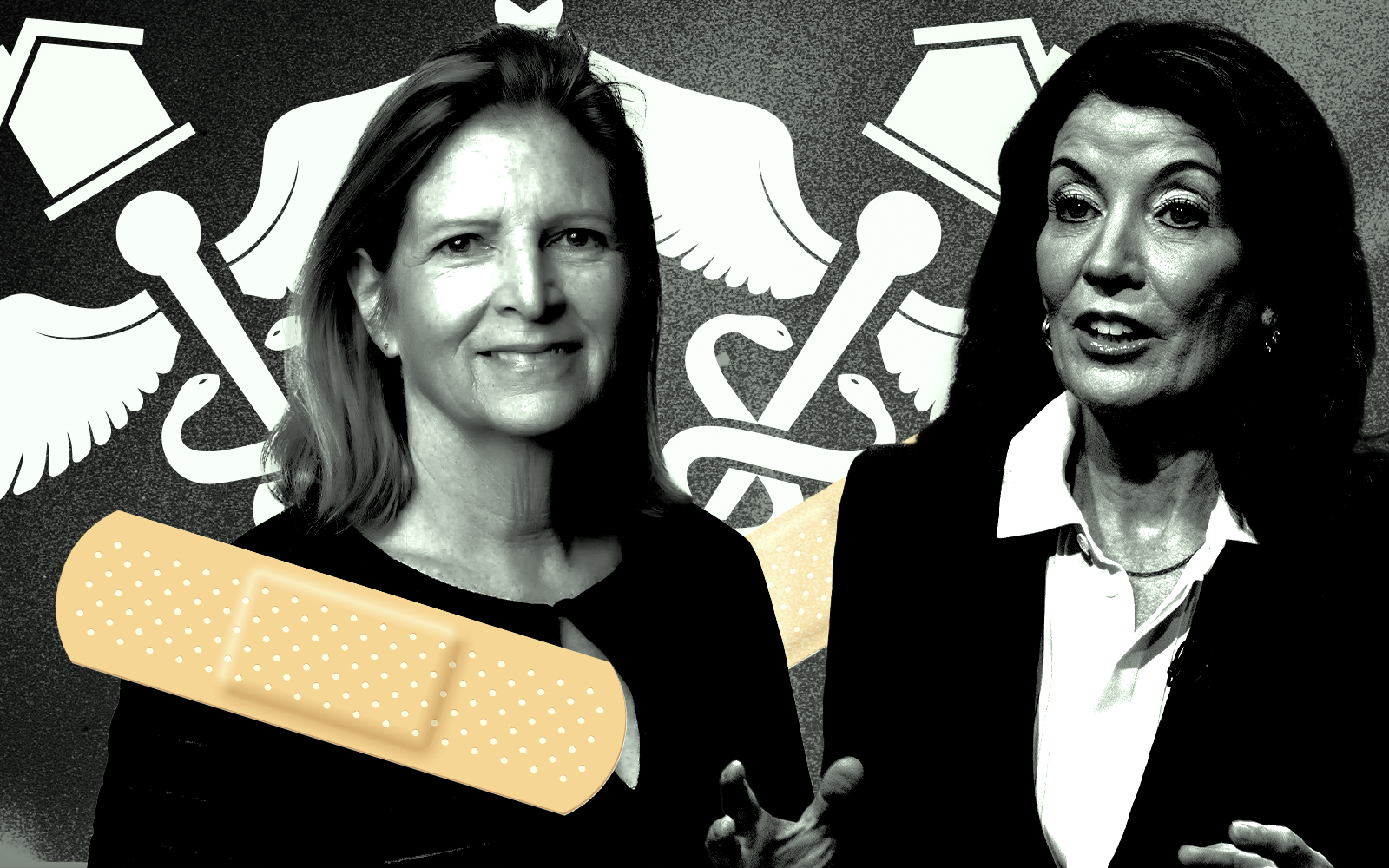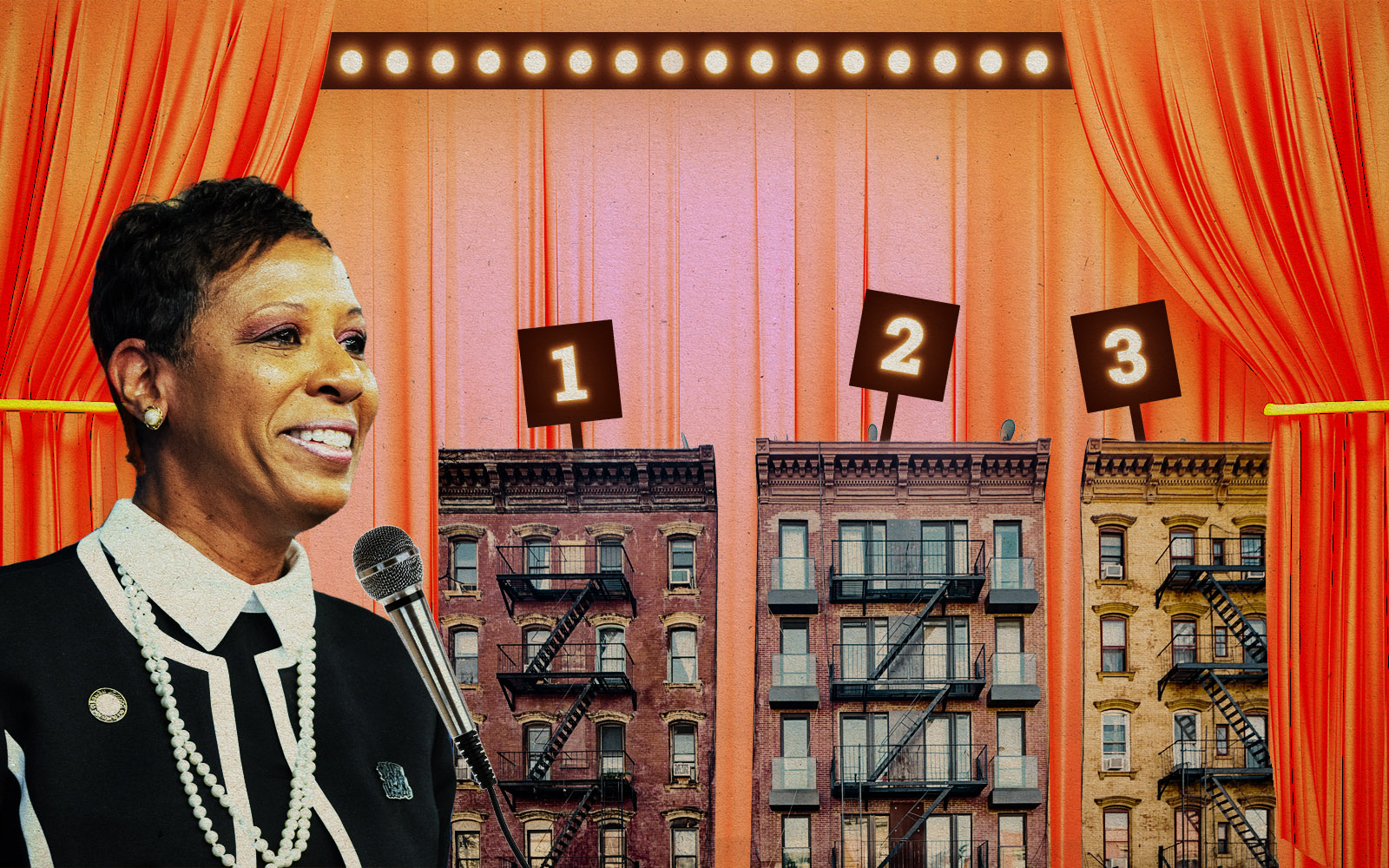In a survey covering nearly 50,000 affordable housing units, an advocacy group found nearly one-third owe two months or more in rent, an average of $9,565 each. The most indebted 10 percent of renters are an average of $22,000 behind.
Those debts total $251 million for the 50,000-unit sample, the New York Housing Conference reported. Extrapolated across New York’s 384,000 affordable housing units, back rent estimates are nearly $2 billion.
An industry trade group, the New York State Association for Affordable Housing, is lobbying the state to provide that amount in rent relief, saying it will stave off foreclosure for owners and eviction for tenants.
In releasing its survey, the Housing Conference echoed NYSAFAH’s call.
“Although we applaud the governor’s plan for long-term housing growth in our state, we also understand that relief is needed right now to ensure housing stability,” said Rachel Fee, executive director of the group, in a statement.
“Only government intervention can protect affordable housing and their tenants from financial distress,” the group’s report reads.
The state already has a rent relief program, but it is insolvent and unpopular with landlords whose nonpaying tenants abuse it to avoid eviction.
With 1400,00 applicants waiting on assistance, the program, which has paid out $2.8 billion, only has about $732 million left, according to the report.
A little more than half of those applicants live in public or subsidized housing and are slated to receive about $389 million, or about 2 percent of their estimated need.
One reason so few affordable tenants got payouts is because the state placed applications for government-subsidized renters, including those in NYCHA’s PACT programs, at the back of the line for rent relief.
Also, many public housing tenants stopped paying rent because they believed the rent relief program would foot the bill.
Others may have believed the state’s nearly three-year eviction moratorium insulated them from eviction and absolved them of the need to pay, Tim Kaiser, executive director of the Public Housing Authorities Directors Association, told the New York Times.
With NYCHA unable to keep up with repairs because soaring arrears blew a $500 million hole in its budget, the New York Housing Conference warned that nonprofit and for-profit providers of affordable housing face a similar fate.
Many buildings are operating with negative cash flow as inflation has pushed up operating costs and landlords in rent-stabilized buildings have been limited to small rent increases by the 2019 rent law, the report said. The arrears have exacerbated the situation.
The report offers a case study: a 139-unit affordable building in the Bronx where net cash flow — income minus debt service and expenses — was projected to be $119,000 nine years into its underlying mortgage.
Instead, income was lower and expenses higher than the expected amounts, leading to net cash flow of negative $450,000. Tenants are $412,000 behind on rent.
“The amount of money owed to affordable housing providers is putting their financial stability at risk,” the report reads.
NYSAFAH says the state’s main housing agency, Homes and Community Renewal, is sympathetic.
“We have a very eager audience in the form of the senior staff and the commissioner,” the association’s CEO Jolie Milstein told The Real Deal on her way back from Albany last week. “[They] understand the assets that they help manage are under threat from the missing rent since Covid.”
Milstein added that Assembly member Linda Rosenthal and state Senator Brian Kavanagh, who chair the housing committees in their chambers, have pledged to do as much as they can to get the $2 billion into the budget, which is due April 1.
“They’re worried about the number being a large lift,” Milstein said.
Read more



